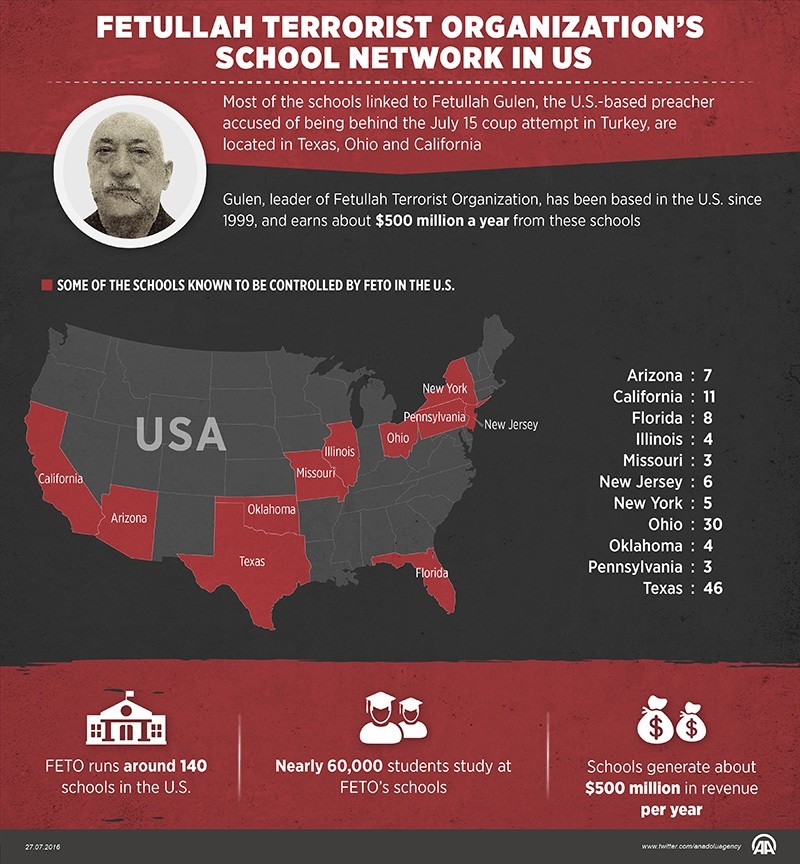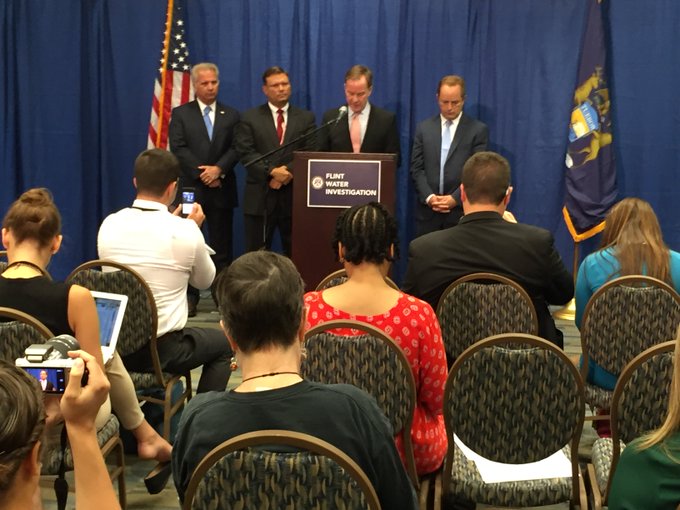Charter Schools Tied to Turkey’s Gulen Movement Grow in Texas - The New York Times:
TBF: Charter Schools Tied to Turkey’s Gulen Movement Grow in Texas
By STEPHANIE SAUL JUNE 6, 2011
TDM Contracting was only a month old when it won its first job, an $8.2 million contract to build the Harmony School of Innovation, a publicly financed
charter school that opened last fall in San Antonio.
It was one of six big charter school contracts TDM and another upstart company have shared since January 2009, a total of $50 million in construction business. Other companies scrambling for work in a poor economy wondered: How had they qualified for such big jobs so fast?
The secret lay in the meteoric rise and financial clout of the Cosmos Foundation, a charter school operator founded a decade ago by a group of professors and businessmen from Turkey. Operating under the name Harmony Schools, Cosmos has moved quickly to become the largest charter school operator in Texas, with 33 schools receiving more than $100 million a year in taxpayer funds.
While educating schoolchildren across Texas, the group has also nurtured a close-knit network of businesses and organizations run by Turkish immigrants. The businesses include not just big contractors like TDM but also a growing assemblage of smaller vendors selling school lunches, uniforms, after-school programs, Web design, teacher training and even special education assessments.
Some of the schools’ operators and founders, and many of their suppliers, are followers of Fethullah Gulen, a charismatic Turkish preacher of a moderate brand of Islam whose devotees have built a worldwide religious, social and nationalistic movement in his name. Gulen followers have been involved in starting similar schools around the country — there are about 120 in all, mostly in urban centers in 25 states, one of the largest collections of charter schools in America.
The growth of these “Turkish schools,” as they are often called, has come with a measure of backlash, not all of it untainted by xenophobia. Nationwide, the primary focus of complaints has been on hundreds of teachers and administrators imported from Turkey: in Ohio and Illinois, the federal Department of Labor is investigating union accusations that the schools have abused a special visa program in bringing in their expatriate employees.
But an examination by The New York Times of the Harmony Schools in Texas casts light on a different area: the way they spend public money. And it raises questions about whether, ultimately, the schools are using taxpayer dollars to benefit the Gulen movement — by giving business to Gulen followers, or through financial arrangements with local foundations that promote Gulen teachings and Turkish culture.
Harmony Schools officials say they scrupulously avoid teaching about religion, and they deny any official connection to the Gulen movement. The say their goal in starting charter schools — publicly financed schools that operate independently from public school districts — has been to foster educational achievement, especially in science and math, where American students so often falter.
“It’s basically a mission of our organization,” said Soner Tarim, the superintendent of the 33 Texas schools.
The schools, Dr. Tarim said, follow all competitive bidding rules, and do not play favorites in awarding contracts. In many cases, Turkish-owned companies have in fact been the low bidders.
Even so, records show that virtually all recent construction and renovation work has been done by Turkish-owned contractors. Several established local companies said they had lost out even after bidding several hundred thousand dollars lower.
“It kind of boils my blood a little bit, all the money that was spent, when I know it could have been done for less,” said Deborah Jones, an owner of daj Construction, one of four lower bidders who failed to win a recent contract for a school renovation in the Austin area.
Harmony’s history underscores the vast latitude that many charter school systems have been granted to spend public funds. While the degree of oversight varies widely from state to state, the rush to approve charter schools has meant that some barely monitor charter school operations.
In Washington, concern is growing. A number of charter schools across the country have been accused of a range of improprieties in recent years, from self-dealing on contracts to grade-changing schemes and inflating attendance records to increase financing.
Last year, the inspector general’s office in the federal Education Department cited these complaints in a memo alerting the agency of “our concern about vulnerabilities in the oversight of charter schools.”
The Texas Education Agency has a total of nine people overseeing more than 500 charter school campuses. “They don’t have the capacity at the state level to do the job,” said Greg Richmond, president of the National Association of Charter School Authorizers. Even so, the state’s education commissioner, Robert Scott, last year took the unusual step of granting Harmony permission to open new schools outside the normal approval process.
Officials at the education agency said staffing was sufficient to oversee charter schools. They would not discuss Harmony’s contracts, but a check of the agency’s past audits — largely desk reviews of financial statements submitted by the schools — did not find any alarms raised about Harmony contracting.





























